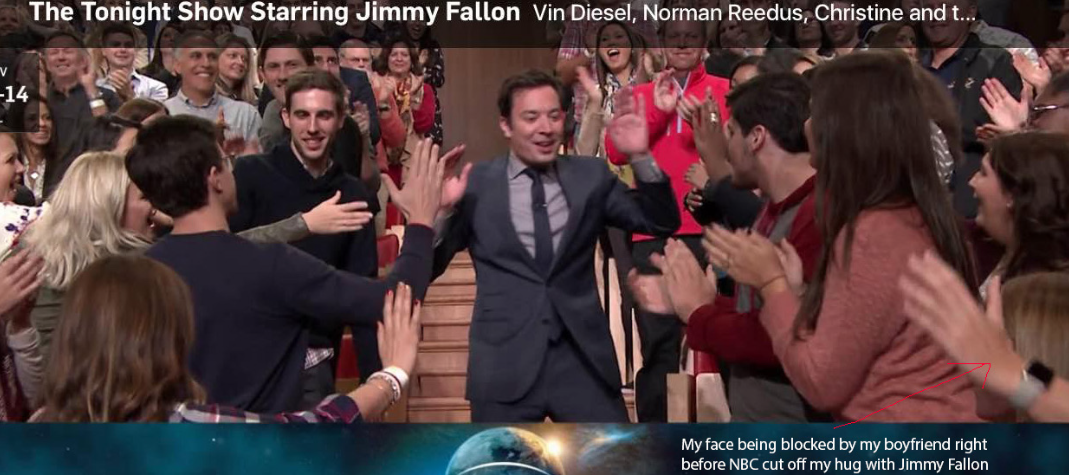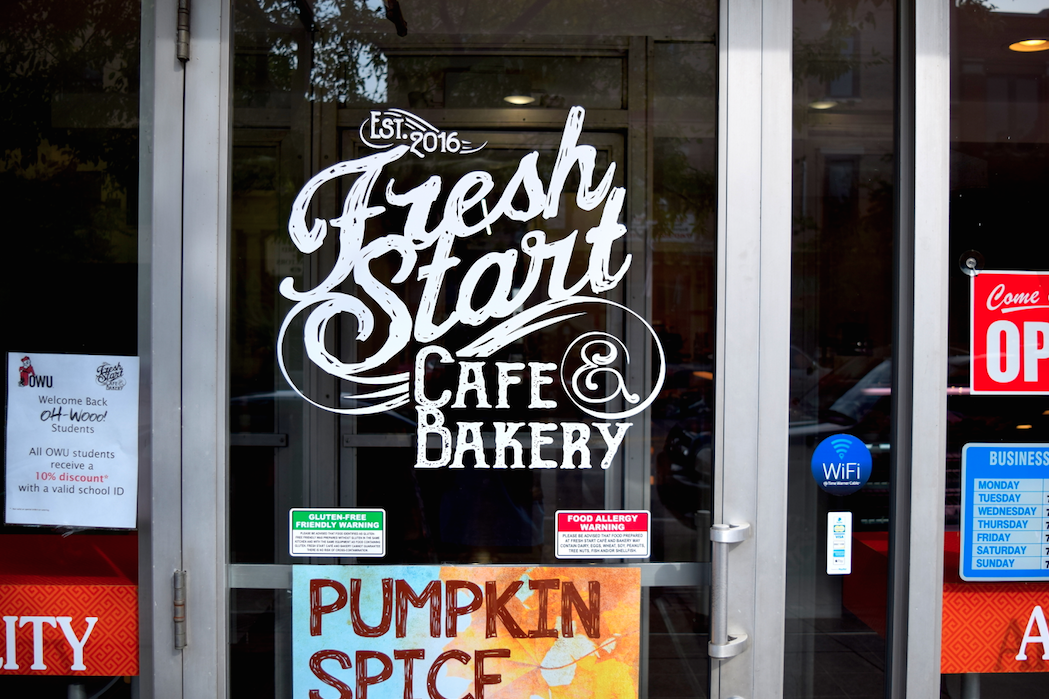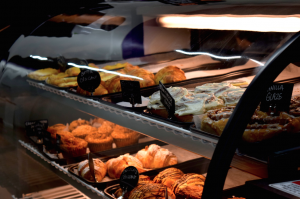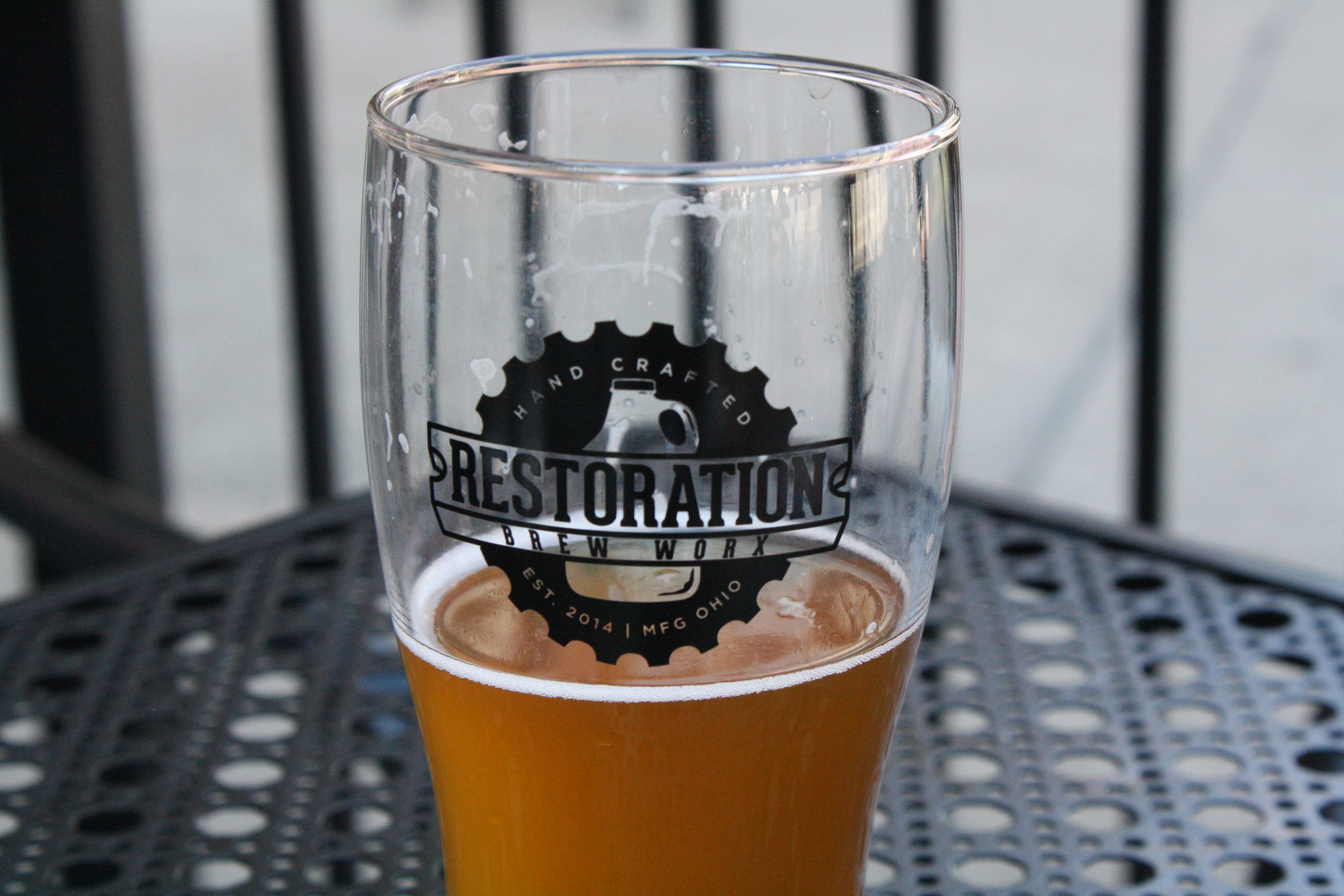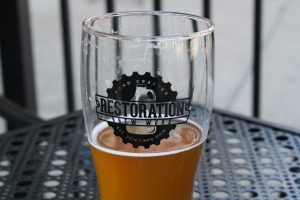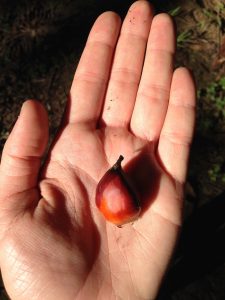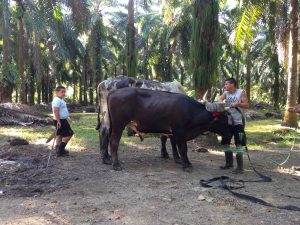By Sara Hollabaugh, Online Editor
True life: I hugged Jimmy Fallon and they didn’t show it on TV.
Last month, my boyfriend and I got tickets to the taping of a Fallon episode in New York after sitting on a prestigious waiting list.
A few weeks before the taping, we waited eagerly to find out what celebrities and musical guest would appear on the show, only to later be disappointed by Vin Diesel, Norman Reedus and an unknown musical guest.
I guess I wasn’t disappointed, but my initial reaction was “eh.”
We told ourselves that it didn’t matter, because we were going to see Fallon in person, hopefully up close.
It turns out we did get up close and personal.
Fast forward to the day of the taping, Oct. 13, where we were escorted from a stairway in the main lobby to the Peacock Lounge, a waiting area for the audience members and strictly told not to take any photos whatsoever.
Not willing to chance getting kicked out of NBC Studios before even getting to see Fallon, we happily obliged.
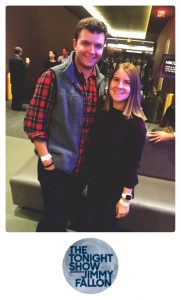
Since we weren’t allowed to take photos while waiting for the show to start, or during the show, employees of NBC Studios took this photo of me and my boyfriend.
So we waited for a good hour and a half before being let into Studio 6B, the room Fallon films in. Was it worth it, you may ask. Absolutely.
By some luck, we ended up in the first row right behind the producers of the show and one of the cameramen.
The. First. Row.
NBC had a comedian get us excited for the show to start, then the famous band from Philadelphia, The Roots, entered and Fallon’s counterpart, Steve Higgins, began his nightly introduction to the show.
Lights, camera, action: Fallon was on stage less than 20 feet from me.
Disclaimer: Even though I wasn’t pleased with the guest stars and music selection, I couldn’t really say anything. The tickets were free and I was sitting extremely close to Fallon, the person I watch on Hulu every night.
So Fallon went through his opening jokes, talked with Vin Diesel, messed around with Norman Reedus and kept me mesmerized.
I genuinely forgot I was actually watching it live because he’s that good.
Not only did everything run so smoothly while the cameras rolled, but during the scheduled taping breaks, what would be a commercial break when it aired later, Fallon continued with his witty remarks in such a casual manner.
Like I said, he really is that good.
But as the show neared its end, that’s when I got most excited.
I waited for Fallon to run up and down the audience seating area while the cameras rolled to hug, gives high fives and shake hands with us.
That’s when I got to hug Fallon and try not to pass out from excitement.
So long story not so short, I was the last person Fallon hugged, but the credits ended on television maybe two seconds before he got to me.
You know what they say: If it’s not on social media (or on TV for my experience), did it even happen?
Honestly, I’m still in shock, so if you told me I was lying I’d probably believe you.
Fallon hugged me and they didn’t show it on TV.
